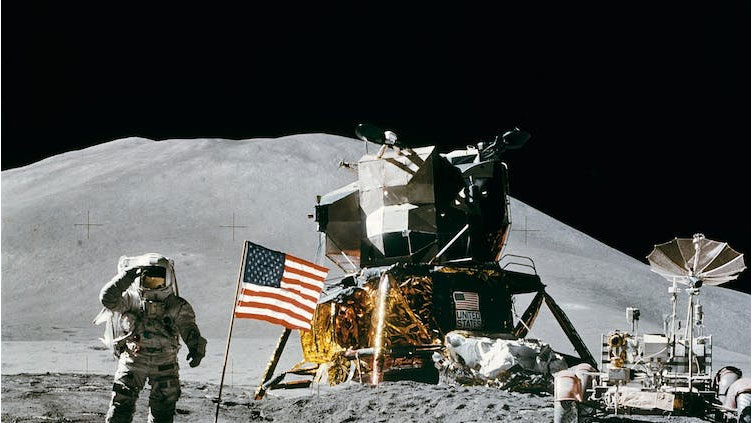Astronauts' immune systems could be disturbed by microgravity

Technology
How the environment of space can negatively impact the immune systems of astronauts
(Dunya Web): As a new era of crewed space exploration approaches, with prolonged missions to the moon and Mars planned for the coming decades, scientists are taking a closer look at how the environment of space can negatively impact the immune systems of astronauts.
In particular, a team from the Karolinska Institutet in Sweden looked at how microgravity experienced by space travelers could affect T-cells. A T-cell is a type of white blood cell, called a lymphocyte, that's crucial in fighting off disease.
The team's results could help explain why any changes to astronauts’ T cells that happen in space can persist back on Earth.
Such lasting changes may lead to T cells becoming less active and less effective at fighting infection, making astronauts vulnerable to reoccurrence of latent viruses.
This will be something space agencies will likely want to know about as they start sending people to locations beyond Earth. NASA, for instance, is already looking to a future that includes lunar, and even Martian, travelers.
With its Artemis 3 mission, a crew including the first woman and person of color is expected to head to the moon in 2025.
And future efforts, the agency says, will possibly take humans to the surface of Mars as soon as the 2030s.
"If astronauts are to be able to undergo safe space missions, we need to understand how their immune systems are affected and try to find ways to counter harmful changes to it," Lisa Westerberg, study leader and principal researcher at the Karolinska Institutet Department of Microbiology, Tumor and Cell Biology, said in a statement.
"We’ve now been able to investigate what happens to T cells, which are a key component of the immune system, when exposed to weightless conditions."

